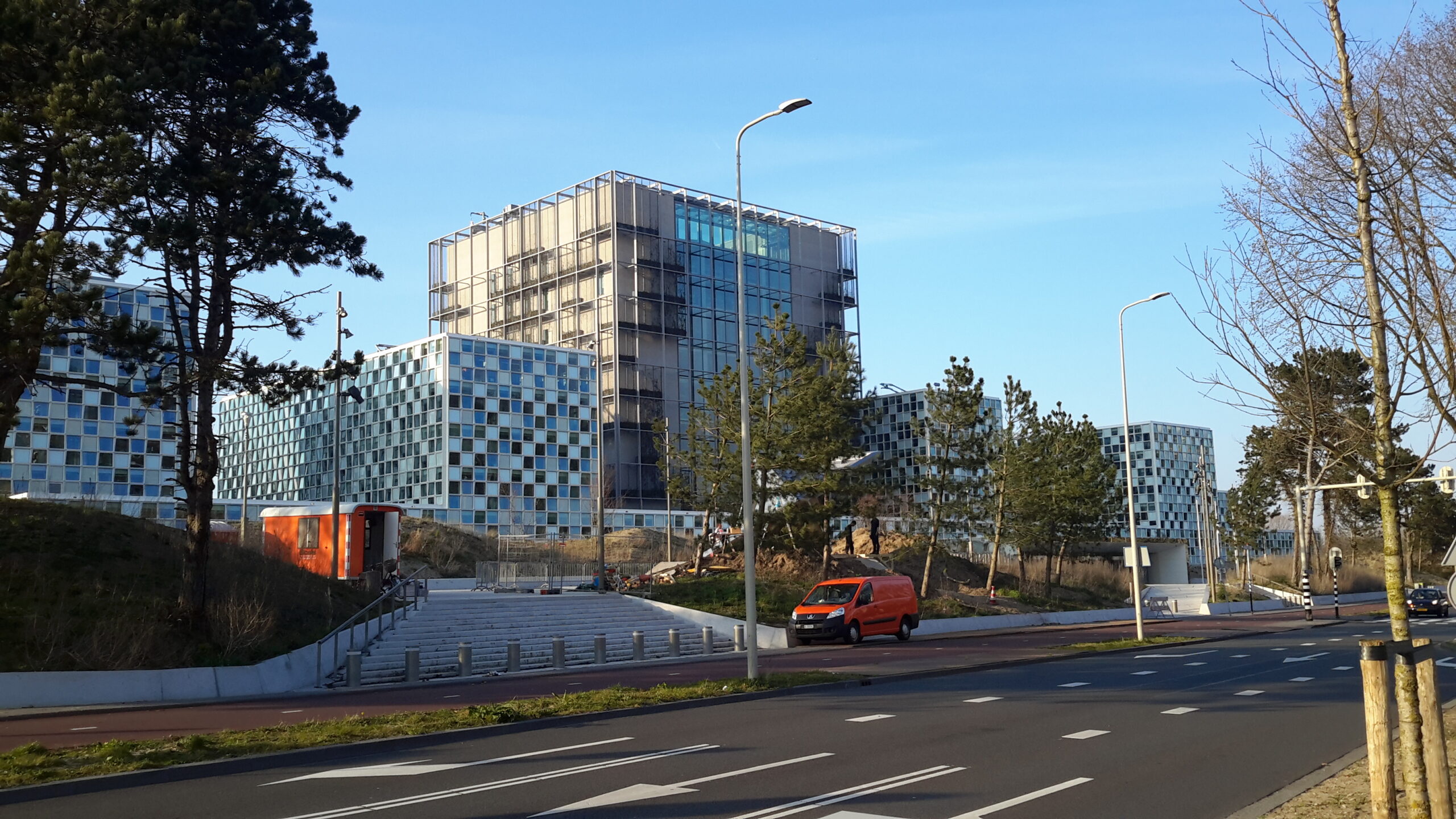Human Rights Watch (HRW) has called on Tajikistan to take immediate action regarding Russian President Vladimir Putin, urging the nation to either deny him entry or arrest him during his scheduled visit from October 8 to 10, 2023. This appeal coincides with Putin’s participation in the upcoming Russia-Central Asia summit and the Commonwealth of Independent States (CIS) Heads of State Council.
The international watchdog emphasized that Tajikistan has a duty to comply with the arrest warrant issued by the International Criminal Court (ICC) on March 17, 2023. This warrant accuses Putin of war crimes, specifically related to “unlawful deportation” and “transfer of population,” particularly concerning children. These crimes are defined under articles 8(2)(a)(vii) and (viii) of the Rome Statute, the treaty that established the ICC and came into force in 2002.
Tajikistan has been a party to the ICC since its inception, making HRW’s call particularly significant. Liz Evenson, HRW’s international justice director, stated that allowing Putin into the country would display “utter disregard for the suffering of victims of Russia’s forces’ crimes in Ukraine and for its own obligations as an ICC member.”
Member states of the Rome Statute are mandated to cooperate with the ICC and enforce its arrest warrants. Failure to comply could lead to potential repercussions, including referral to the United Nations General Assembly or Security Council for further action. This situation recalls the precedent set in November 2024, when Putin visited Mongolia without facing arrest.
Tajikistan has faced scrutiny for its human rights record, which includes allegations of crimes against humanity such as torture, unlawful detention, and extrajudicial killings. The latest demand from HRW comes amid increasing calls from various human rights and international law organizations, which question the effectiveness of the UN in upholding global legal standards.
At the recent 80th session of the UN General Assembly, member states reaffirmed their commitment to international legal standards, underscoring the ongoing debate about the relevance and effectiveness of international institutions in addressing violations of human rights and international law. As the international community watches closely, the response from Tajikistan regarding Putin’s impending visit may have far-reaching implications for both regional politics and the enforcement of international justice.
